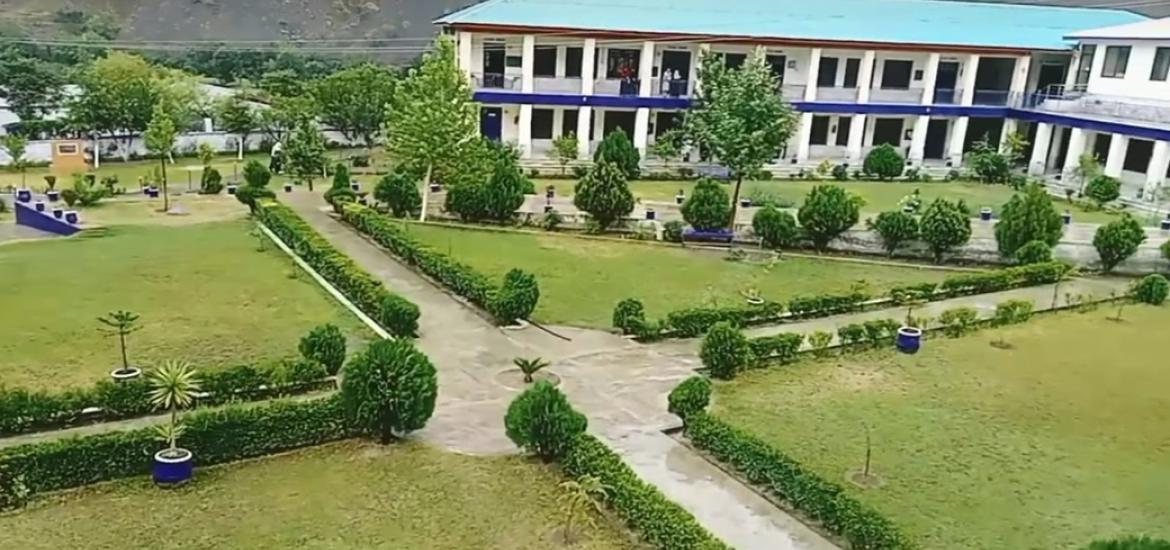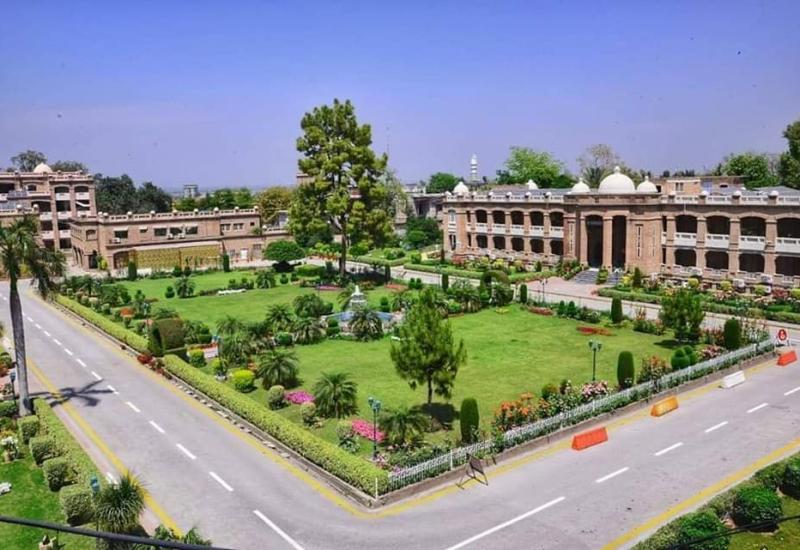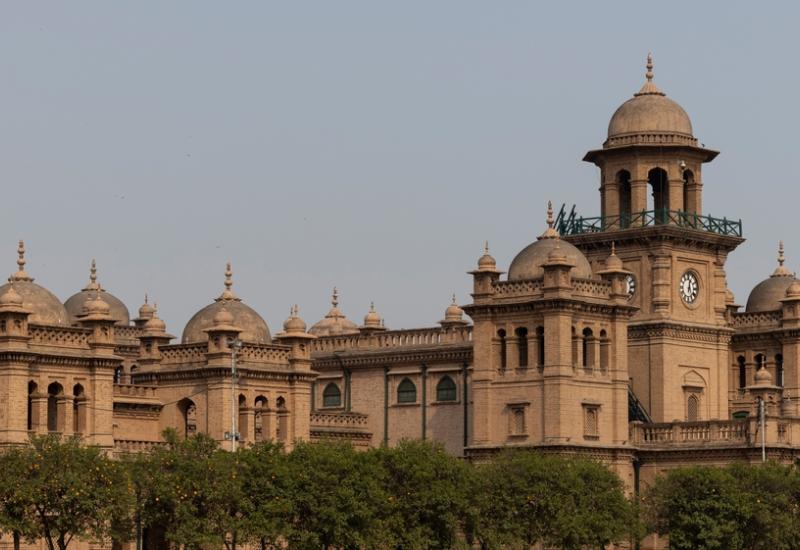The 05 important reasons why policymakers should amend the KPK Universities’ Act
To be tabled in the provincial assembly soon, the Khyber-Pakhtunkhwa Universities (Amendment) Act 2020 is intended to introduce some radical changes and important amendments in the legislation enacted by the government in 2012 and subsequently amended multiple times in the years 2013, 2015, 2016, 2018 and 2019.
A brief overview of the major amendments made in the Universities’ Act in 2012, 2015 and 2016 have been delineated in the previous blog posts.
In this blog post, the overall merits and demerits of these amendments have been discussed with sold recommendations on how the proposed amendments can be made more viable, realistic and executable.
Merits of the major amendments made in the Universities’ Act:
- Resolving emerging issues: It has been reported that around 167 amendments have been made, from time to time, in the Act since the enactment of the uniform Act in 2012. Though, it resolved many issues but created many new, calling for further amendments which were addressed by the policymakers, accordingly.
- Responsiveness of the policymakers: This also reflects that the policymakers are cognizant of the changing needs of the time and responsive to the evolving requirements of the universities. One must acknowledge that the government is doing a fine job here by bringing the required changes promptly and judiciously. Even the top brass who matter the most in the current scenario are kept abreast of the developments taking place in this regard.
Demerits/limitations of the major amendments made in the Universities’ Act:
- Lak of proper homework: Too many amendments made with quick succession, intemperate overruling and hasty alterations suggest that the policymakers had not done proper homework before introducing amendments in the Act. For instance, the mechanism/ conditions for appointment of the Registrar, Controller of Examination, Treasurer were amended several times but even then, these are still defective, unrealistic and confusing.
- Lack of proper consultation with all stakeholders: Even further amendments are on the anvil, proper consultation and focused discussion have not been undertaken with all concerned. The administrative officers, being one of the key stakeholders are kept in the dark as the committee constituted for making recommendations to that effect had no representative from the administrative officers (though the administrative officers, on numerous occasions have brought there concerns in the knowledge of the approachable legislatures). Hence, all the stakeholders have not been taken into confidence, before initiating amendments in the Act.
- The existing disparity between the faculty and administrative staff: The prevailing disparity in the grades, perks and privileges and career progression of the teaching faculty and administrative staff in the universities is widening, gradually. The Act failed to address the same in any manner.
- Lack of career path for administrative officers to the post of Vice-Chancellor: Being an administrative post, the administrative officers cannot be appointed as Vice-Chancellor in the universities. Since the Vice-Chancellor is supposed to be appointed only from the teaching cadre, this adds to the prevailing employment inequality and job-related disparities among the teaching faculty and administrative staff in the universities.
- Startling discrepancies: A number of discrepancies still exist in the Act, despite the host of amendments made during the last couple of years. For instance, the Act provides for the Registrar, Controller of Examination, Treasurer and Auditor to be full-time officers but in another section, it is mentioned that the Syndicate may terminate them before completion of their tenure. Similarly, it is cited that the Vice-Chancellor shall have powers and administrative control over the Officers, Teachers and other employees of the University excluding those mentioned in Section-8 of the Act (which includes almost all officers/faculty i.e. the Directors, the Chairpersons, the Registrar, the Treasurer, the Controller of Examinations, the Provost, the Principals of constituent colleges, the Librarian and such other persons as may be prescribed to be officers of the University).
- Infringement of the existing provisions of the Act: The government, in certain areas, failed to implement the existing provisions of the Act in true letter and spirit as many members of the teaching faculty are occupying administrative positions in flagrant violation of the Act which defeated the very purpose of those amendments made in the Act.
Suggestions:
- Providing for Deputy Secretaries or Section Officers as nominees of the Secretaries of the Departments (i.e. Finance, Establishment Higher Education and Administrative Departments to attend the meetings of the Syndicate ): As the number of universities increased, it is becoming incredibly hard for the Secretaries and even Additional Secretaries of the concerned Departments to attend the meetings of the Syndicate. Hence, provision must be made for the Deputy Secretaries or Section Officers to that effect in order to avoid legal complications.
- Removing discrepancies: As stated earlier, there are numerous discrepancies and anomalies in the Act which need to be fixed at the earliest to avoid legal complications.
- Increasing the number of representatives/memberships of the administrative officers in the governing bodies: The number of elected representatives/members of the administrative officers in the governing bodies such as Syndicate and Senate needs to be enhanced in parity to the teaching faculty.
- Removing pay disparity between the administrative cadre officers and teaching faculty: The Act should have provision eliminating pay disparity between the administrative cadre officers and teaching faculty caused by the up-gradation of teaching faculty (to the respective next higher grades in 2006) leaving the administrative officers in the lurch ultimately causing the feeling of resentment among them.
- Granting representations to the lower cadre of staff in the governing bodies: The lower cadre of staff in BPS-16 and below need to be given representation in the governing bodies of the universities.
- Providing for the career path to the post of Vice-Chancellor: Being an administrative post, the administrative officers must also be given the opportunity to apply and compete for the post of Vice-Chancellor in the universities. The requisite PhD qualification, the mandatory teaching/research experience and the requirement of publications should not be a bar for the administrative officers having rich experience in universities’ administrations, higher education governance and academic management.
Conclusion
If these suggestions were followed and necessary changes were incorporated in the proposed amendments, I sincerely hope it will improve the functioning of the institutions of higher education and ultimately help the universities to realize its strategic objectives of strengthening governance in the higher education sector. This will help in transforming the landscape of higher education even in the entire country.


















